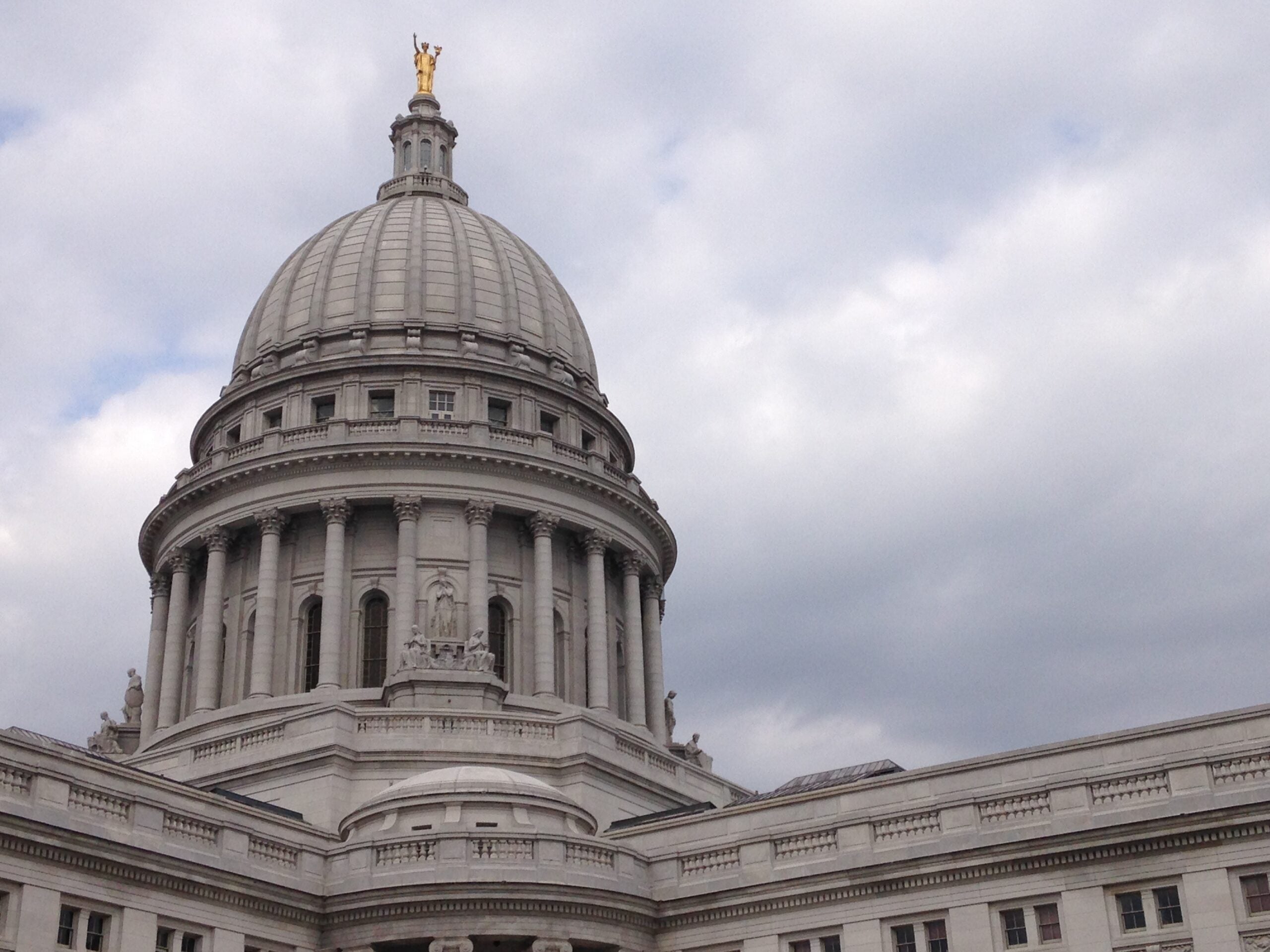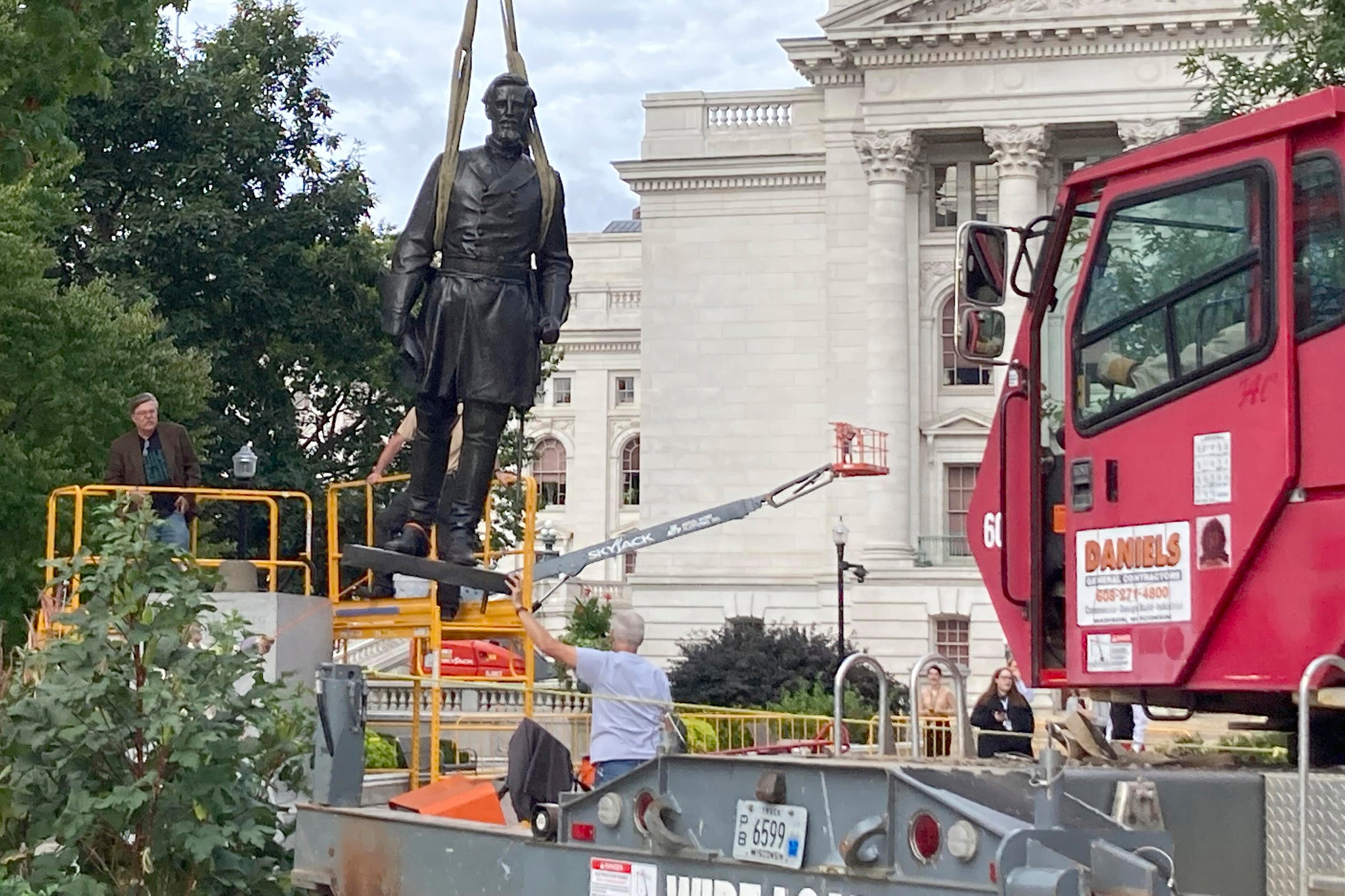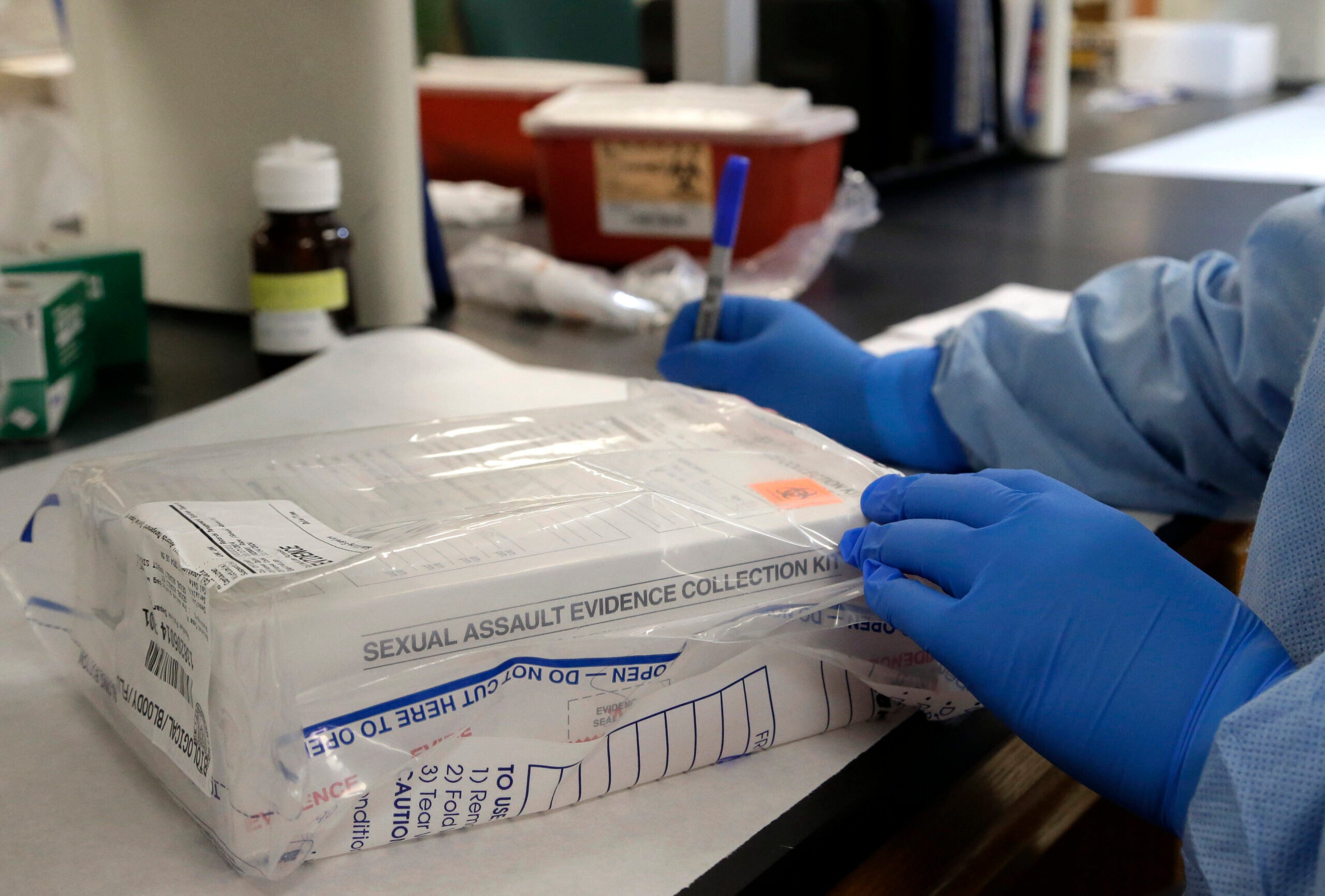Wisconsin would adopt a new bill of rights for sexual assault victims under a proposal in the state Legislature.
Under the bill, victims of sexual assault would be guaranteed a number of rights, including the right to choose whether or not to undergo a forensic examination and the right to be notified before any evidence from that examination is destroyed.
The rights would be afforded in addition to those already guaranteed under state law for all crime victims.
News with a little more humanity
WPR’s “Wisconsin Today” newsletter keeps you connected to the state you love without feeling overwhelmed. No paywall. No agenda. No corporate filter.
A Thursday morning public hearing on the measure at the Capitol came shortly after the Association of American Universities released a study finding roughly 26 percent of women and 7 percent of men at the University of Wisconsin-Madison have experienced sexual assault.
The bill is part of a nationwide push to establish sexual assault victims’ rights in state law.
Mitch Emerson, national organizing director for Rise, a national advocacy group that has pushed such laws in 27 states, told lawmakers the bills have been bipartisan and seen “wide support” in other states.
“This bill would instill many important rights for sexual assault survivors,” Emerson said Thursday.
The proposal would also guarantee victims the right to bathe immediately following a forensic examination; the right to choose whether or not to cooperate with law enforcement; the right to have examination evidence stored for 50 years or until the end of the prison term of the person convicted of the assault against them; and the right to be provided with written information about their rights.
During committee testimony, Colleen Zolper, also of Rise, outlined a recent experience providing support to a 19-year-old sexual assault victim in Wisconsin.
“I sat with her as an armed, well-statured police officer took statements while she laid in her bed, exposed and vulnerable in her hospital gown, with only a blanket for cover,” Zolper said.
Zolper called sexual assault “nothing short of a public health crisis.”
“And until we enact legislation to ensure survivors are treated with a victim-centered, trauma-informed approach, we’re not likely to see a shift,” she said.
The bill also requires the state Department of Justice to test the sexual assault kit of a person who is cooperating with law enforcement within 90 days of collection.
The plan is sponsored by state Sen. Andre Jacque, R-DePere, and state Rep. Janel Brandtjen, R-Menomonee Falls.
“Having all this information and letting (victims) know that, A. they’re not alone and, B. there’s a system to get them through this I think is incredibly important,” Brandtjen said at the hearing.
Wisconsin has been faced with a backlog of sexual assault kits in recent years. That backlog is now resolved, according to state officials.
Earlier this month, the state Senate approved two bills that would change how Wisconsin processes those kits.
One bill would create procedures for transmission, processing and storage of the kits.
Under that plan, if a victim wants to report sexual assault to law enforcement, a health care professional must notify law enforcement of a sexual assault kit’s collection within 24 hours. If the victim doesn’t want to report the assault, the collected kit must be sent to the state crime laboratories within 72 hours for storage.
The bill also requires the state crime lab to store kits for 10 years if a victim hasn’t consented to testing. This allows for victims to change their minds and consent to testing at a later date, if they so choose.
A second bill would require the DOJ to establish a databank to provide sexual assault victims with access to certain information regarding their sexual assault kits. The bill appropriates $400,000 in each of the next two years for that purpose.
Both measures have yet to be voted on in the Assembly.
Wisconsin Public Radio, © Copyright 2025, Board of Regents of the University of Wisconsin System and Wisconsin Educational Communications Board.







